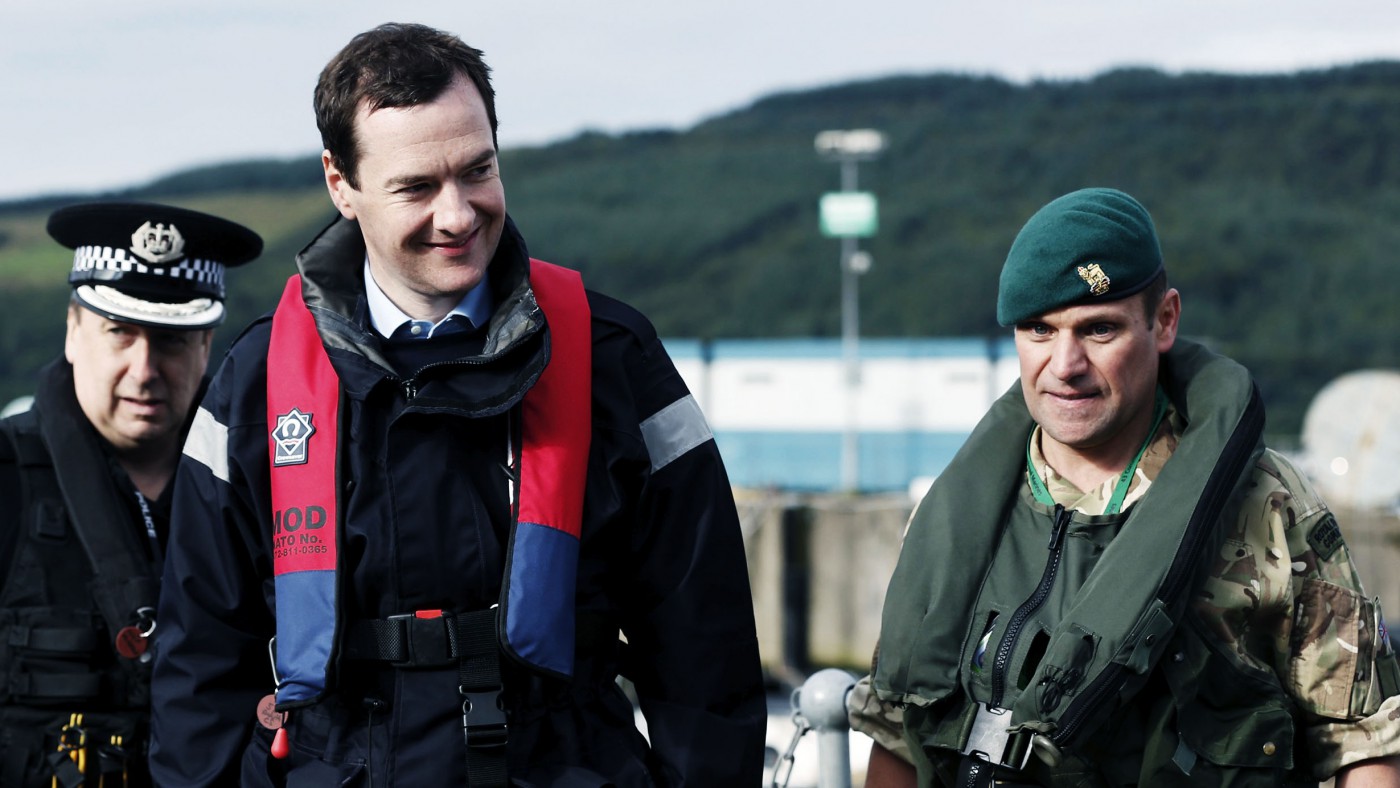I like a good joke designed to wind-up the Scottish Nationalists as much as any Unionist. The more excitable supporters of Scottish independence tend to be even more thin-skinned than fans of the hard left’s Jeremy Corbyn. Whenever they are challenged, both groups start shouting, like the supporters of a cult who cannot hear anything which challenges the truth to which they as disciples have exclusive access. The results, in terms of pop-eyed fury, are often amusing.
Even on more serious matters, some Corbynites are pretty rigidly loyal to a creepy degree. When the Sun newspaper revealed today that Corbyn – the likely next leader of the Labour party – had said some weird stuff about the death of Osama Bin Laden the cry went up that he had been taken out of context. Read his lengthy, rambling take on the American operation to kill the man responsible for 9/11 and it is actually even more troubling when one sees the whole context. He equates the murders on 9/11 to the death of Bin Laden. It is all one rolling tragedy, according to Corbyn. Worse, he said all this on Press TV, the mouthpiece of the Iranian regime. Yet his most ardent supporters see only smears when their man faces legitimate questions.
Always determined to never be left out in the grievance stakes, the Nationalists are furious about something else today. They are complaining about the Chancellor’s announcement of £500m of spending on the UK nuclear base at Faslane in the West of Scotland. Only, there is a problem. The Nationalists are spot on this time when they accuse the Tory leadership of playing games. Not only that; George Osborne’s stunt will backfire, assisting the SNP.
It is a scam is straight out of the too clever by half political playbook, in which an idea that sounds clever in a planning meeting (if we do X, that will outflank Y, if Z is opposed to X) turns out to have unintended consequences which reveal that in the end it was a stupid idea all along.
This time, here is how I suspect the thinking runs: Labour is weak on defence and in Corbyn is about to elect a unilateral nuclear disarmer who makes Tony Benn look like Donald Rumsfeld. So, get in there and remind the electorate early on that Corbyn is a fan of leaving Britain without nuclear weapons.
As an added bonus for the Tories, the SNP is anti-Trident, so in this way the Tories can jolt the memories of English voters and remind them that the threat of the SNP getting into bed with Labour (this time a hard left Labour leader) is still there.
But the anti-Trident position is very popular with many Scottish voters and opponents of the nuclear deterrent will now be able to say that Osborne uses defence, and questions of defence provision on Scottish soil, as a tool for his own ends without proper regard, or respect for, feeling in Scotland.
It smacks too much of game-playing. The spending announcement, and the fuss, also come before Parliament has even discussed or voted on replacing Trident. The argument that these improvements are necessary with or without a Trident replacement won’t wash with anyone. It is all about highlighting those flaws in the SNP and Labour position.
There is another troubling aspect of this affair. Why is the Chancellor of the Exchequer making this announcement, rather than the Prime Minister or the Defence Secretary? Of course, the answer is not difficult to work out. The Chancellor is the Tory leader in-waiting and is being given the opportunity to range across Whitehall.
There are, though, big risks attached. Gordon Brown discovered just that during the Tory conference when he staged an Iraq visit and announcement on withdrawing troops during Tory party conference, in preach of protocol, precedent and fair play. The row, involving fire returned by the then shadow defence secretary Liam Fox about Brown using British troops for party political public relations, did as much damage to Brown as anything else in the extraordinary, defining week.
Although the Brown move was much more high profile, the lesson from the resulting mess was simple. When it comes to the nation’s defences, always play it as straight down the middle as possible. Don’t use defence spending or an announcement about the defence of the realm to play games in the middle of party conferences or the leadership contests of rival parties.


